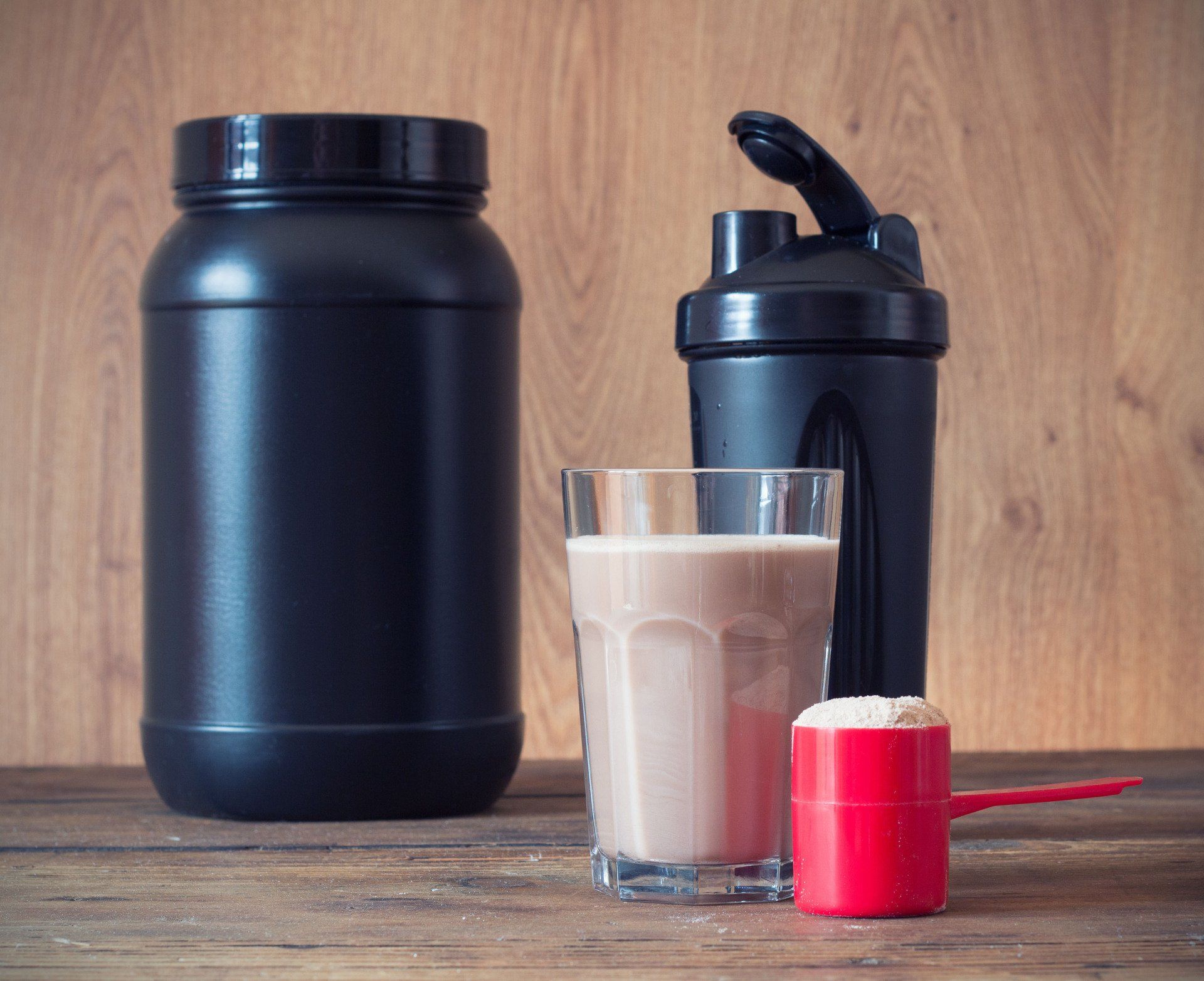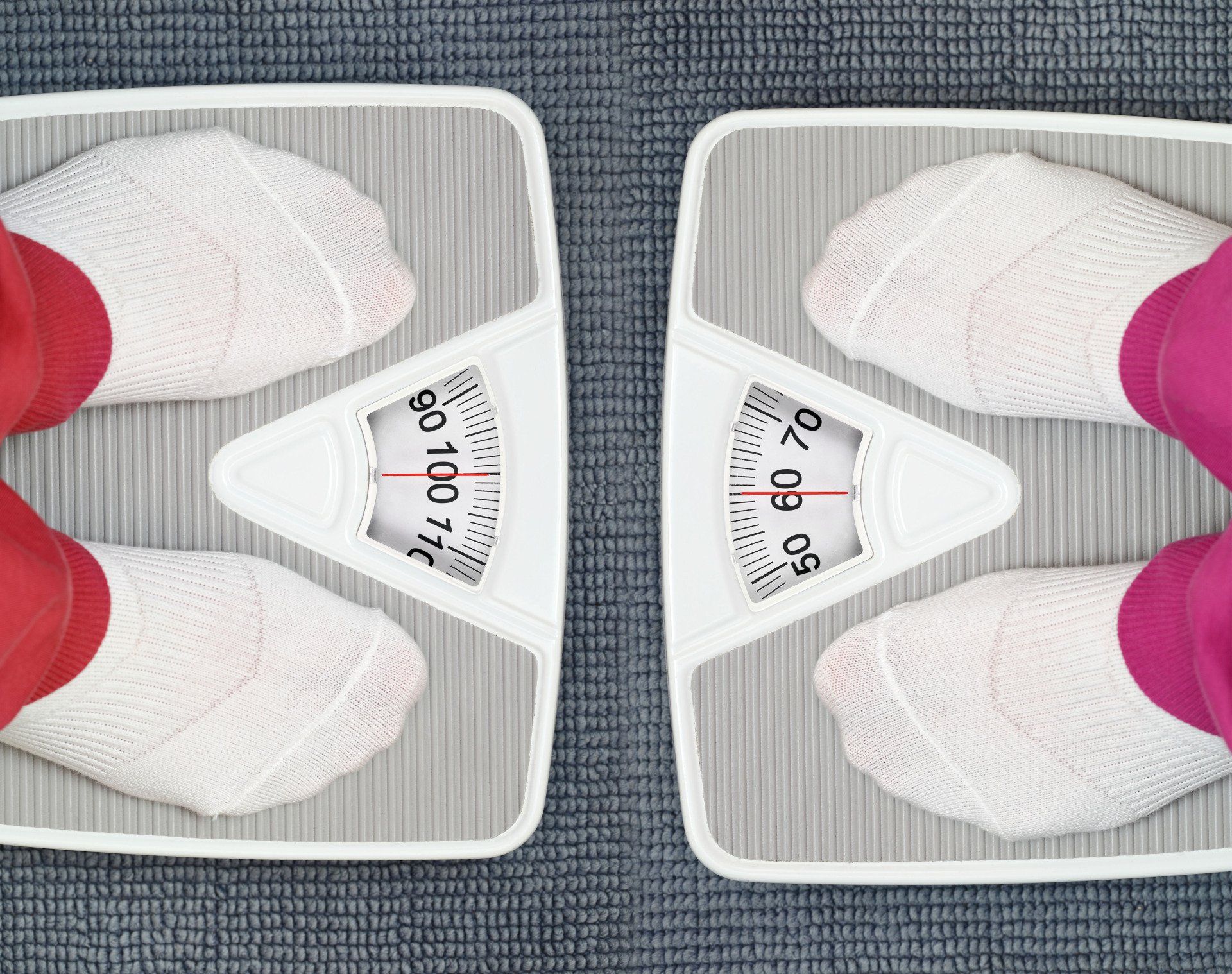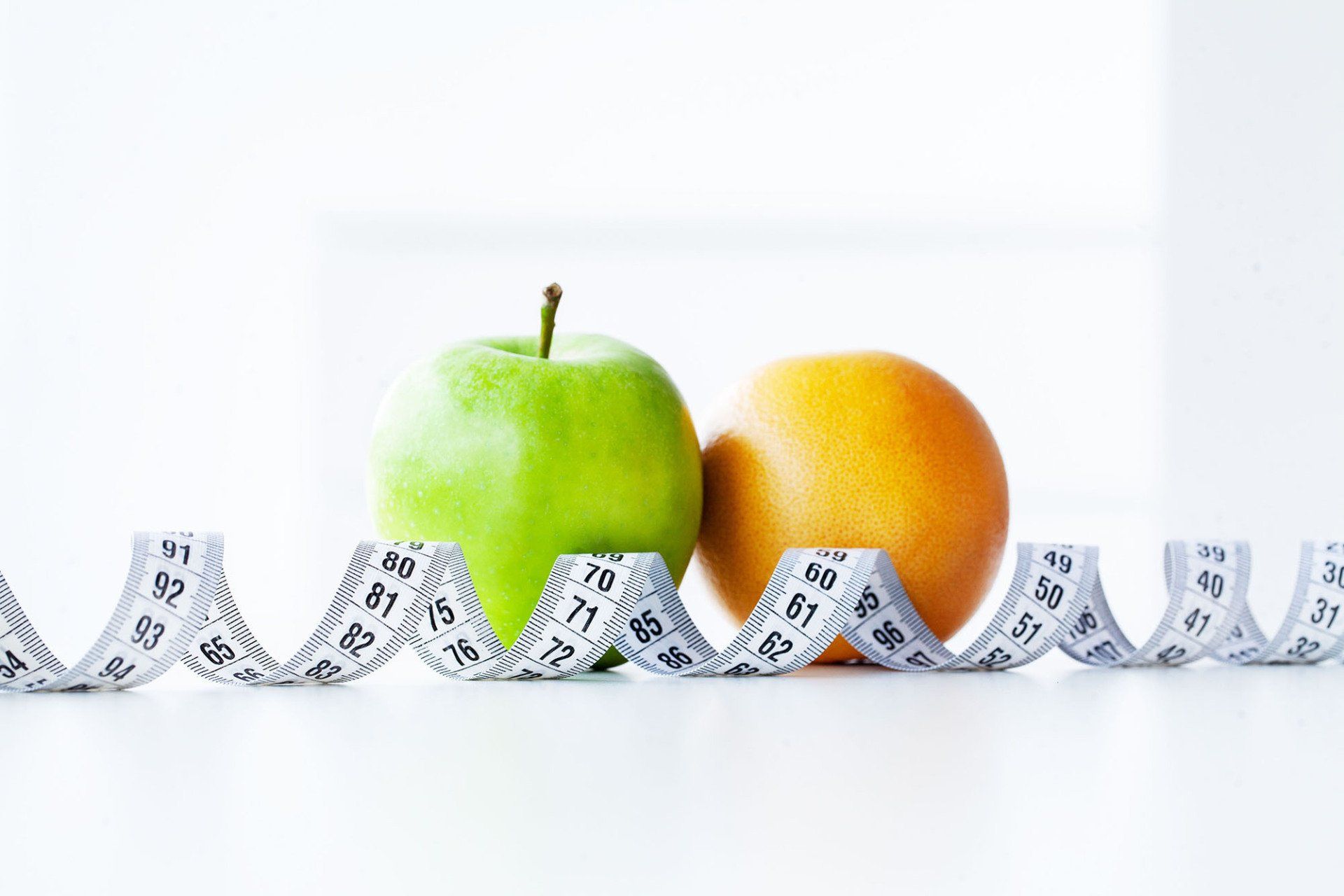Weight Gain After 40
Weight Gain After 40
Many recognize that weight gain occurs more easily after forty and distributes in different areas of the body. There are many reasons why including activity level and body response to it, eating habits, hormones, fat storage changes, genes, smoking habits and more.
Fight the tide of reasons that you’re gaining and get support from your health care professional, social media groups or APPS, classes and any individuals or groups that create accountability or elevate your mood and self-image.
Start by filling your plate with 50% of vegetables and low sugar fruits at each meal. Aim for decreased fats and calories but increased fiber, nutrients and satisfaction. While fresh fruit has sugar, apples and berries replace high fat or high sugar snacks.
Breakfast starts the day and sets your daily pattern of choices. Oatmeal or whole wheat toast with fruit early in the day may decrease morning hunger and avoid mindless eating. Small sensible snacks spaced every few hours can keep a large appetite in check. Try to get the bulk of your calories before 4 pm for your best chance of avoiding weight gain, but remember that WHAT you eat is still more important than WHEN you eat.
Resign yourself to clean and delicious food preparation by grilling, broiling or baking foods. Skip extra oils that add fat and calories, and consider fried foods and creamy sauces to be non-healthy options. Adding spices to your food makes low calorie foods more interesting and capsaicinoids in hot peppers can help decrease body fat, decrease appetite and increase metabolism.
On the go foods may be convenient and popular but are rarely the better dietary choices for you or your family. Restaurant meals encourage over eating and often one feels hunger sooner due to quick digestion of “cheap” calories. One benefit of restaurant eating is being seated and focused on your meal, so remember at home to sit and avoid television or technological distraction when eating. Allow the Leptin (full) hormone to register your portion intake and make it easier to stop ingesting food before you over eat.
Drinks should almost always be water, zero calorie beverages and unsweetened tea or coffee. Alcohol actually increases hunger and decreases our ability to make mindful choices. Remember that increased sugar means increased weight gain. Too many artificial sweeteners are also problematic. Stay as clean and natural with your food and drink choices as possible. The body reacts poorly to artificial ingredients by over producing insulin and stress hormones which can result in weight gain. Drinking water before meals stimulates your metabolism to burn calories and usually results in smaller, healthier portions. Green tea has catechins, nutrients that promote weight loss.
Stress often leads to binge eating which is why activities like yoga, deep breathing, meditation and walking are strongly encouraged daily.
Adequate sleep is necessary to properly regulate hunger hormones and metabolism. Sleep apnea is especially dangerous for health and usually results in weight gain if left untreated.
Muscle mass decreases after forty, especially in women after menopause. Since muscle burns more calories than fat, metabolism slows down and weight loss is more difficult. Prioritize physical activity. Schedule 2.5 hours of moderate physical activity weekly and schedule strength training twice a week. Get proper clearance from your doctor and an effective plan from a trainer or physical therapist.
Belly fat shows up after age 40. Age acquired weight concentrates in the mid-section. Some of this is a result of our genetics; much like how quickly one burns calories, feels full, or what part of the body stores the extra fat (Thighs, belly, butt, etc.). Female loss of Estrogen during this phase of life also results in weight gain (usually in the abdominal area). But exercise and decreased calorie intake can help one battle the bulge.
We are aware that healthy gut bacteria may be an effective component of weight loss. Unhealthy bacteria, partially from years of bad dietary choices, (excess carbohydrate and sugars), may result in excess food breakdown and increased absorption equaling more caloric absorption. Too much absorption, results in the body holding on to fatty energy stores. So remember that protein keeps you fuller, longer and is difficult to store as fat. In addition, fiber and protein require more caloric burn to be digested.
Smokers have a lower body mass index than non-smokers but tend to develop larger bellies. Smokers develop more internal, dangerous visceral fat. Yet another great reason to stop smoking.
5% of people develop thyroid issues as they age. While a slow thyroid may make weight loss more difficult, be aware that more importantly it also contributes to fatigue, constipation, dry skin, fatigue, muscle pain, arrhythmias of the heart and depression. If you experience these symptoms, see your health care professional.
As we age, restful sleep tends to decrease. Exercise can help one sleep more soundly. But especially after 40, stress increases Cortisol and results in fat weight around your middle. So be sure to introduce mindful practices into your life. This includes Yoga, Thai Chi, meditation, etc. Whatever activity helps you relax, breathe and avoid distractions.
Avoid Trans fats. Artificial fats increase LDL cholesterol and boost the risk of heart disease and type II diabetes. Avoid partially hydrated vegetable oil too. (That contains Trans fats).
After 40 and always, walk more, get some sunlight, plan meals and activity, use smaller and darker plates, get proper rest and drink plenty of water, review your medication side effects and keep a positive attitude.
No single action will make you loses weight safely. Weight gain is multifactorial and so is weight loss.











Share On: